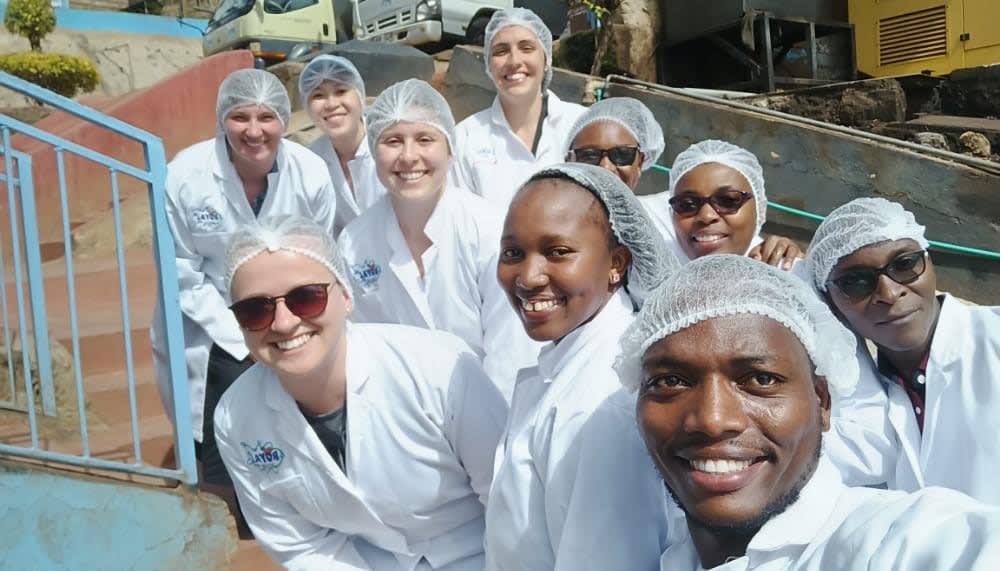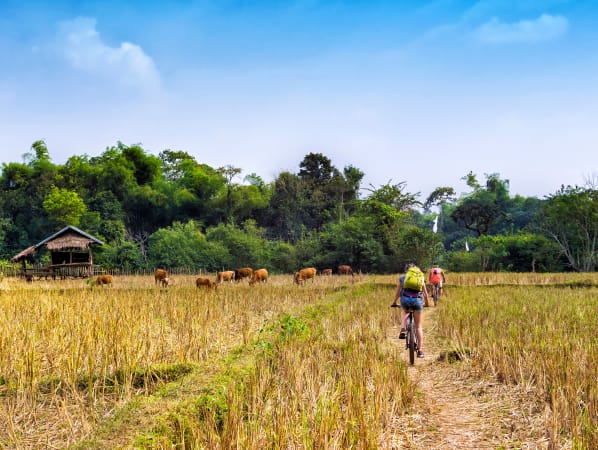Climate change in the face of war: Ukraine’s complex crisis
Ukraine’s crisis isn't about the conflict alone; it has also created devastating ecological impacts that continue to threaten people and animals within and beyond its borders.
Do you want your personal and professional endeavors to have purpose? Do you want to use your time, energy, and talents to create a positive impact for the animals, communities, and environment we share? Become a VWB volunteer! We are always looking for passionate and purposeful people to work with us in Northern Canada and overseas.
Apply today for a volunteer placement and see where in the world your compassion will take you...
Are you interested in volunteering with us? Simply click on any position title below to apply directly for that role.
Questions? Feel free to drop us a line: volunteer@vwb.org
Don't see a position for the VETS program that fits your skills and experience? No problem, you can apply using our general application form. Our partners often require skills and experience which may not be expressed in a position below so there may be an opportunity to design a custom placement based on your skill set which is in line with a partner's needs.
ANIMAL HEALTH AND FOOD SECURITY
HEALTH AND GENDER
COMMUNICATIONS, MONITORING & EVALUATION, AND ORGANIZATIONAL DEVELOPMENT
Don't see what you're looking for? Submit your Expression of Interest for Northern Animal Health Initiative volunteer positions.

There are many reasons to become a VWB volunteer. Here are a few:
Volunteers support our partner organizations to make a positive difference in some of the world’s most vulnerable communities.
International volunteers contribute to meaningful initiatives and gain profound personal benefits through sharing skills and experience in complex and interesting contexts.
Volunteers often return to their lives and jobs inspired and refreshed, with a renewed sense of passion for animal welfare and international cooperation.
By stepping into another country and culture, volunteers experience tremendous personal growth while learning firsthand about the interconnected and ever-shrinking world we share.
International volunteers often experience new and challenging circumstances. It's hard to know how we will react until we face those challenges. However, there are personal and professional qualities that help to identify people who will be effective volunteering and living in another country.
It is important to be flexible. International volunteers often need to adapt to unfamiliar circumstances. At times you could experience inconvenience or discomfort. Volunteers need the self-confidence to take action on their own. The most effective volunteers also thrive as collaborative team members, overcoming cultural and language barriers to share accomplishments as part of a team.
International volunteering is an opportunity to develop and strengthen skills and abilities that will last a lifetime.
If you would like to contribute to the health of animals, people, and the planet, then a volunteer assignment may be right for you.

The Volunteers Engaged in Gender Responsive Technical Solutions (VETS) program aims to mobilize more than 190 volunteers in Africa and Asia over an 8-year period (2020-20208). Learn more about VETS.
VETS volunteers include veterinarians, veterinary technologists, animal and human nutritionists, professors of veterinary medicine, veterinary clinic managers, rural development specialists, communications advisors, business development advisors, monitoring and evaluation, gender specialists and others.
VETS volunteer placements range from three weeks to two years, depending on the nature of the position.
Open VETS volunteer positions are listed above, on this page.
Ukraine’s crisis isn't about the conflict alone; it has also created devastating ecological impacts that continue to threaten people and animals within and beyond its borders.
#VETSVolunteerVoices aims to bring you the stories of our passionate VETS program volunteers from the field. This reflective blog was contributed by Maria Stanborough, a Communications Volunteer with our VETS program in Ghana in February 2024.
As we mark International Mother Earth Day in 2024, we explore how composting is revolutionizing the dairy sector in Kenya, fostering sustainability and resilience in the face of climate change.
